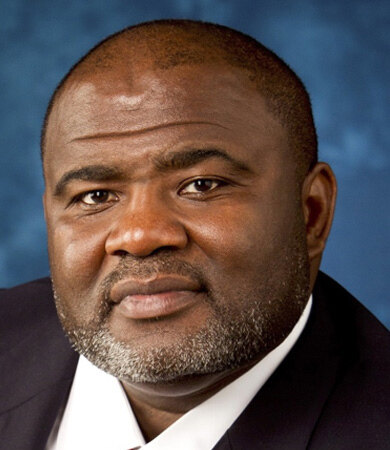APS James S. Jackson Lifetime Achievement Award for Transformative Scholarship
James S. Jackson, a pioneering social psychologist known for his research on race and ethnicity, racism, and health and aging among African Americans, died on September 1, 2020, following a nearly 50-year career at the University of Michigan. In tribute to Jackson’s transformative, diversity-focused scholarship, the APS James S. Jackson Lifetime Achievement Award for Transformative Scholarship honors APS members for their lifetime of outstanding psychological research that advances understanding of historically disadvantaged racial and ethnic groups and/or understanding of the psychological and societal benefits of racial/ethnic diversity, equity, and inclusion.
The type of scholarship honored by the award is broad in scope and research methodology, and encompasses research on historically disadvantaged racial/ethnic groups residing anywhere in the world. Recipients’ research contributions may be in any field or area of psychological science.
APS’s lifetime achievement awards are not exclusive. In other words, an exceptional psychological scientist might be awarded all of them.
Nominations will open in mid-2024.
View a list of James S. Jackson Award Recipients
James S. Jackson Lifetime Achievement Award for Transformative Scholarship Committee
University of Michigan - Ann Arbor
University of California, Los Angeles
University of Glasgow
University of Delaware



